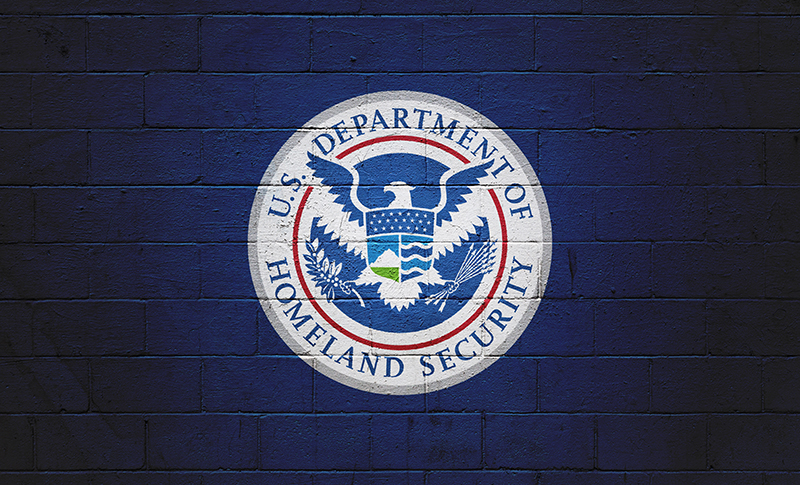
The Department of Homeland Security (DHS) has quietly published an overdue overstay report showing that more than 850,000 foreign visitors overstayed their authorized stay in FY2022, which is probably a record high. A more detailed analysis of the numbers is forthcoming, but here are the highlights:
- The total overstay rate for 2022 was 3.64 percent, which is more than double the rate of recent years.
- Approximately 98,000 visitors who entered under the Visa Waiver Program (VWP), which allows visa-free travel for short-term visitors from low-risk countries, overstayed in 2022. The country with both the largest number and highest rate of VWP overstayers was Spain, with 28,356 overstays and a rate of 5.6 percent, which could trigger corrective measures.
- The largest number of short-term visitor overstays from non-VWP countries came from Venezuela. About 173,000 Venezuelans overstayed during the year -- which is about 94 percent of the visitors. This is because the Biden administration has allowed Venezuelans to enter and receive Temporary Protected Status, a designation that includes a work permit.
- The next largest number of overstays by short-term visitors are citizens of Mexico, with approximately 124,000 overstays, at a rate of 3.5 percent.
- For the first time, DHS broke down the overstay rates for the three sub-categories of student/exchange visas. Vocational school students had the highest overstay rate of the three (9.1 percent). Exchange visitors overstayed at a rate of 5.6 percent, and university and other traditional students overstayed at a rate of 4.1 percent.
- Just over 9,000 citizens of China overstayed on student or exchange visitor visas, representing more than 16 percent of all student/exchange overstays.
- The largest number of overstays in the category that includes temporary workers came from Mexico (131,000) and India (5,800).
Visa overstays are a significant contributor to our nation's illegal immigration problem, and improving the situation requires a multi-pronged approach. The State Department should be required to adjust visa issuance standards in certain countries and in certain visa categories, to reflect overstay risks. Sponsors and employers of students and workers that produce disproportionately high numbers of overstays should be barred from participating in visa programs. ICE should be directed to expand enforcement programs that target overstays. Laws should be tweaked to impose the same penalties for overstayers as illegal border crossers. Congress should continue to press DHS to build the biometric entry-exit system that will help maintain the integrity of the visa programs.
